The human body consists of around 70% water. A balanced water balance is accordingly important. A lack of fluid (Dehydration (Dehydration)) can quickly lead to life-threatening conditions. Not only is there a lack of fluid, but also electrolytes. Thus the electrolyte balance can be severely disrupted.
What is dehydration?
.jpg)
If there is a fluid deficit in the organism, one speaks of dehydration or a lack of fluid. If there is an extreme loss of fluid, this can lead to desiccosis, a dehydration of the body.
The body is already missing 0.5% fluid when a feeling of thirst becomes noticeable.
During the day, the body constantly loses water through sweating, metabolic processes and kidney excretions. Typically, a normal fluid intake of two liters a day is enough to make up for this loss. Not getting enough fluids in the body can lead to dehydration.
causes
The causes of a lack of fluids can be varied. The most common reason is insufficient fluid intake. Older people in particular often drink too little, as they feel less thirsty.
Infants and small children are at risk of dehydration due to fever and diarrhea. They have much lower fluid reserves, which is why the organism is difficult to compensate for water losses.
Accidental injuries such as profuse bleeding, sepsis or burns can also lead to dehydration. There is also the risk of shock, as the rapid loss of fluid leads to a lack of volume in the organism.
Furthermore, diseases such as kidney disease, diabetes, explicitly the diabetic coma, or treatment with diuretics can be responsible for a lack of fluids.
Diseases with this symptom
- Diabetes insipidus
- abdominal influenza
- Diabetic coma
- Acute kidney failure
- Bacterial infection
- Diabetes mellitus
- Adrenal insufficiency
- Blood poisoning
- combustion
Symptoms & course
Symptoms such as thirst, dry skin and mucous membranes, dizziness, weakness, confusion and even loss of consciousness and collapse suggest dehydration. Since almost all areas of the organism are affected, the symptoms can vary widely depending on the severity. Most of the time, the causes quickly indicate a possible lack of fluids.
If countermeasures are taken in good time and the causes are not serious, the patient usually recovers quickly.
Fighting the causes is particularly important for the further course. For example, if there are serious injuries or burns, the course can be associated with complications, as not only the loss of fluid is a problem, but also the loss of electrolytes.
A blood test with a special focus on the electrolyte values is therefore of particular importance for the diagnosis.
Complications
Since the body consists of 70 percent water, a lack of fluids is quickly noticeable. Initially there is an increase in blood pressure, which can lead to circulatory disorders and headaches. Another common complication of body dehydration is the loss of electrolytes.These are minerals that the body absolutely needs so that all body functions can run smoothly. If there is a deficiency in these electrolytes, this manifests itself in the form of headaches, muscle tremors and cramps as well as circulatory failure. A deficiency of electrolytes can also occur in a treated dehydration, if care was not taken to increase the supply of electrolytes.
Further complications of a lack of fluids are difficulty concentrating, increased susceptibility to infections, rising body temperature and digestive difficulties. If left untreated, dehydration leads to further complications. This includes external symptoms such as dry skin and mucous membranes. Internal symptoms of dehydration are dizziness, drop in blood pressure, weakness, and confusion. In the further course it can lead to unconsciousness or to circulatory collapse.
If the body's fluid content continues to drop, desiccosis eventually occurs, i.e. dehydration. This is associated with a change in the composition of the blood, urinary behavior, a rapid drop in blood pressure and even circulatory failure. At this stage of dehydration, severe, sometimes irreversible kidney damage can also occur.
When should you go to the doctor?
A lack of fluids, known as dehydration in medical terms, can be life-threatening within a short period of time. Not only is the lack of fluids so dangerous as such, but also the loss of electrolytes associated with it. The electrolytes control, among other things, important cell functions, which is why a balanced electrolyte balance is vital. This only guarantees a balanced physical water balance. In the event of a dangerous lack of fluids, a doctor must be called in immediately.
Almost three quarters of the human body is made up of water. Dehydration or dehydration soon leads to dramatic effects. It starts with signs such as circulatory problems, rising blood pressure, headaches and difficulty concentrating. Immediate drinking of water and a visit to the doctor are indicated. Otherwise the electrolytes will soon run out, and muscle tremors and muscle cramps will result. Now it is high time to call in a doctor, with an emergency doctor already being considered. With a progressive decrease in fluid, so-called desiccosis, a dehydration, would occur.
It is also important to consult a doctor in the event of a lack of fluids in order to prevent subsequent damage. Intensive medical administration of fluids and electrolytes will remove the dehydration. However, the kidneys can be severely and irreversibly affected by the lack of fluid that has occurred.
A doctor will not only treat the lack of volatility, but also clarify whether the dehydration was due to an underlying disease that requires treatment.
Doctors & therapists in your area
Treatment & Therapy
Dehydration is treated with hydration, depending on the severity. In emergency medicine, this is the intravenous administration of full electrolyte solutions and, in the case of severe blood loss, volume replacement. In the clinic, treating the cause is the top priority to prevent further fluid loss.
In the case of heavy bleeding, the bleeding is stopped accordingly and the loss of fluid is treated with the administration of blood reserves and electrolyte solutions.
In the case of severe diarrhea, the infection is treated with medication. In most cases, such diseases require a slow supply of fluids via a drip. In this way, missing electrolytes are compensated for.
In mild forms of dehydration, it is usually enough for the patient to drink enough to make up for the increased fluid requirement. In addition, the attending physician can use a blood test to decide whether further medication is necessary. This can be the case when certain electrolytes such as magnesium, sodium, or calcium are missing.
For the treatment, it is not only important to supply fluids, but also to balance the electrolyte balance, as this is precisely what is crucial for all vital processes in the body.
Outlook & forecast
If left untreated, a lack of fluids can lead to serious health problems. Chronic dehydration means a decrease in mental and physical performance, which is associated with confusion, disorientation, muscle cramps and cardiovascular diseases, among other things.
The undersupply of the organs and the brain affects the entire organism after an initially mild course. The longer the dehydration persists, the more likely it will be permanent damage that can lead to further illnesses. The prospect of a quick recovery is not given in the case of a chronic or acute course of dehydration. Small children, pregnant women and the elderly can suffer serious damage after just a few hours without fluids.
Temporary lack of fluids, on the other hand, can usually be completely compensated for and has no long-term consequences, provided that there are no corresponding underlying diseases. If the body is quickly supplied with fluids again and the causes are not serious, the symptoms will also decrease. Those affected usually feel the typical hangover for one to two days before the symptoms have completely subsided.
Fighting the causes is crucial for an uncomplicated process. If the cause of the dehydration can be found and treated, there is a prospect of a full recovery.
prevention
Apart from accidents and serious illnesses, dehydration can generally be avoided by drinking sufficient fluids every day.
For example, if you sweat heavily, you should drink more. It is advisable to use unsweetened tea, mineral water or fruit spritzers. Young children and the elderly should always be encouraged to drink, as they either do not feel thirsty or are no longer sufficiently thirsty.
If previous illnesses such as kidney insufficiency or diabetes can trigger dehydration, the treatment of these diseases is the main focus.
You can do that yourself
Since dehydration can be life-threatening, particular care must be taken to avoid such a condition by drinking sufficient fluids. In the case of illnesses such as diarrhea, suitable measures must be taken to avoid a serious lack of fluid in the body or to compensate for this as quickly as possible.
The entire loss of fluid in the body, which occurs through excretion in urine and faeces, through sweating and breathing, must always be compensated for through water and food intake. The guideline for the average water intake is 35 ml per day and kilogram of body weight. At high temperatures and extreme physical activities, fluid losses can occur, which can reach three to four liters per hour. In these situations, think not only about water balance, but also about replenishing lost electrolytes, especially sodium. Older people feel less thirsty. The resulting dehydration, which can lead to health problems, should be avoided. A strict drinking plan can be a solution here.
If dehydration has already occurred, this must be compensated for. In the case of a slight lack of fluids, drinking to compensate for the water loss comes first. Self-help is often no longer possible with weakened or sick patients and high fluid losses, and consultation with a doctor is inevitable. In these cases, infusions must be given that contain electrolytes and / or glucose in addition to water.




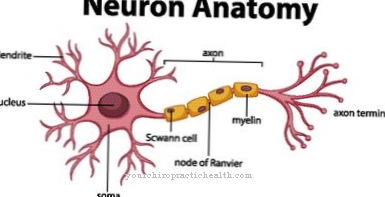
.jpg)


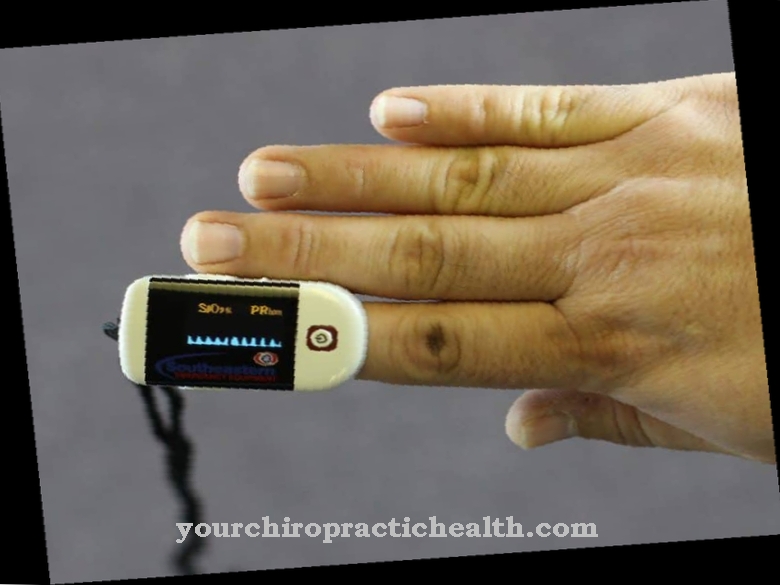
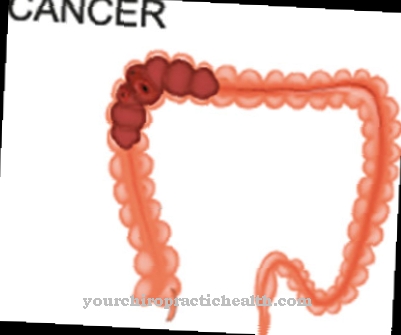
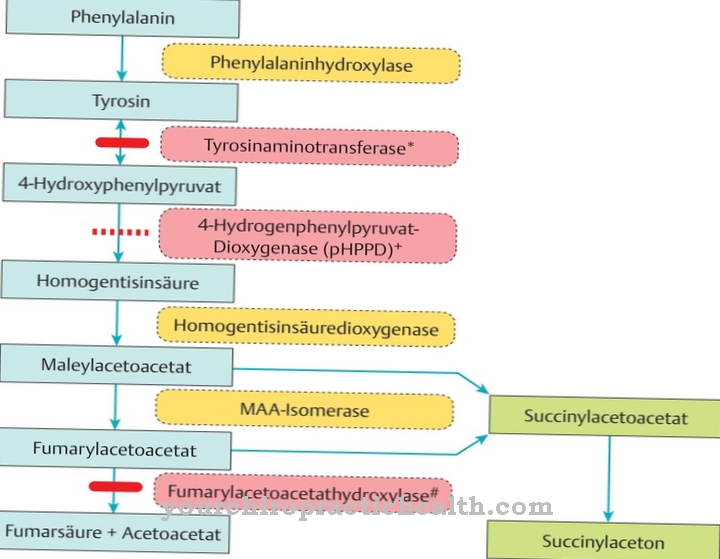

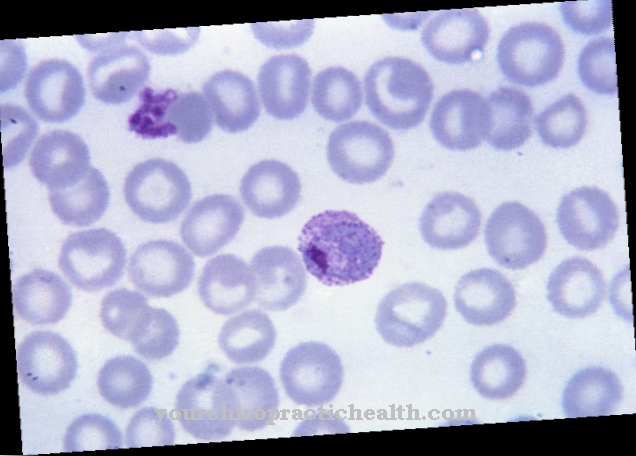


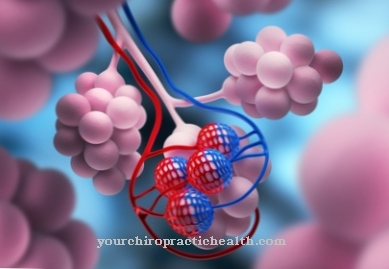

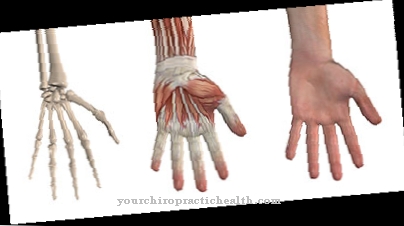

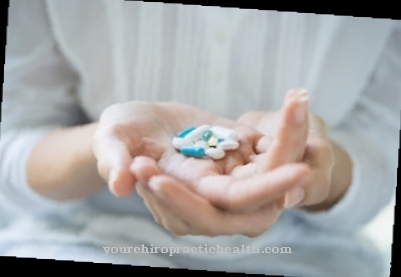



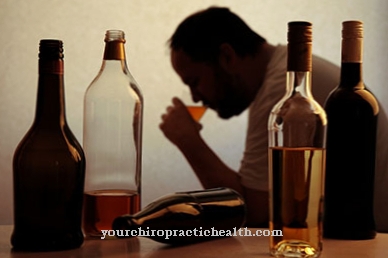
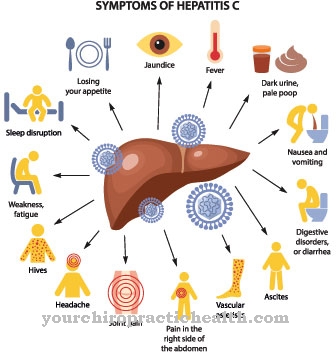
.jpg)


